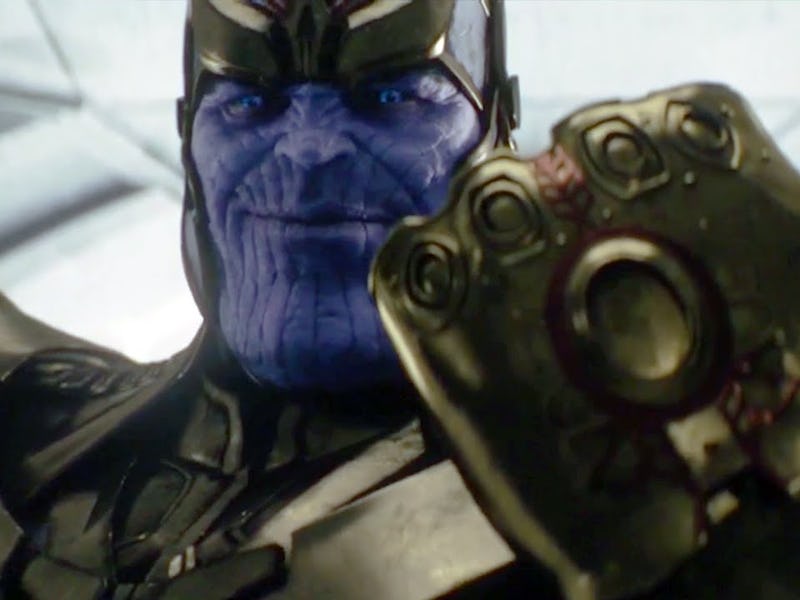Marvel Could Be Making a Fatal Mistake That Could Ruin Its Future Movies, Report Reveals
Studios are now turning to fans to avoid backlash, and that's a major problem.

Throughout the ‘60s and ‘70s, Star Trek fans communicated their thoughts on the series with fan-made zines, distributed through snail mail across the country. In the late ‘70s and into the ‘80s, Star Wars fans did the same. But when the internet came around, the fan experience was completely changed: suddenly, you could share your opinion about the brand-new Harry Potter book or Peter Jackson’s take on The Lord of the Rings on your LiveJournal or MySpace for thousands to see instantly. To quote Ben Affleck in Jay and Silent Bob Strike Back: “The internet is a communication tool used the world over where people can come together to b*tch about movies and share pornography with one another.”
Now, in 2024, franchises are huge, and fandoms are even bigger. The Marvel Cinematic Universe is a behemoth of superhero movies and has the following to match, but along with that fandom comes a demanding audience. A new report claims studios are taking unprecedented steps to avoid the ire of the fandoms — at any cost. But in catering to fans, major movie studios like Marvel may be shooting themselves in the foot in more ways than one.
Variety reports that to avoid fan backlash, studios will now do whatever it takes to avoid making anything divisive in the first place. That notably includes assembling superfan focus groups to gauge how the most vocal part of the fandom would react to a story choice.
“They’re very vocal,” says one anonymous studio executive. “They will just tell us, ‘If you do that, fans are going to retaliate.’” This can even affect the plot of new movies and shows. “If it’s early enough and the movie isn’t finished yet, we can make those kinds of changes.”
Harry Styles showed up at the end of Eternals and then never again (at least so far).
There’s no proof Marvel, or its parent company Disney, uses these focus groups, but the studio certainly seems to be acting in a way that’s in line with this type of behavior. Fans didn’t like Eternals, and not only will Eternals 2 not happen, but the characters it introduced like Kit Harrington’s Black Knight and Harry Styles’ Eros are now in limbo, with no evidence of another cameo three years later. Is that the work of a superfan focus group?
Franchise movies — and the MCU in particular — are products, and those products should be tailored to a customer base. But when fan input affects a film that’s part of a grander plan those fans might not understand, things can get muddied. Imagine if a focus group back in the early 2010s told Marvel not to include Thanos at the end of The Avengers.
In 2014, George R. R. Martin addressed this exact issue at the Edinburgh International Book Festival when he was asked if fans guessing the ending of his books would affect what he wrote:
“I’ve been planting all these clues that the butler did it, then you’re halfway through a series and suddenly thousands of people have figured out that the butler did it, and then you say the chambermaid did it? No, you can’t do that.”
How would fans react if shown the Snap scene in a focus group?
There’s an even bigger concern with Variety’s report. Those “superfans” may have an issue with the evolution of a franchise, including increased diversity and representation. While these focus groups may make the end product more “fan-friendly,” the question of which fans the franchise chooses to cater to could cause the storytelling to take a step backward.
Maybe this focus group approach works for a one-off story, but with massive franchises like Marvel and Star Wars, every work is a piece of a greater puzzle. If each chapter is adjusted to suit the fans individually, then the greater scheme could be completely derailed.
While Marvel may not be adjusting its scripts based on things people say on Twitter, the lines between fans and decision-makers are getting blurrier and blurrier. These movies may be made for an audience, but sometimes it’s best to keep things simple and just trust the initial vision. In the words of another big franchise movie: their plans are measured in centuries.